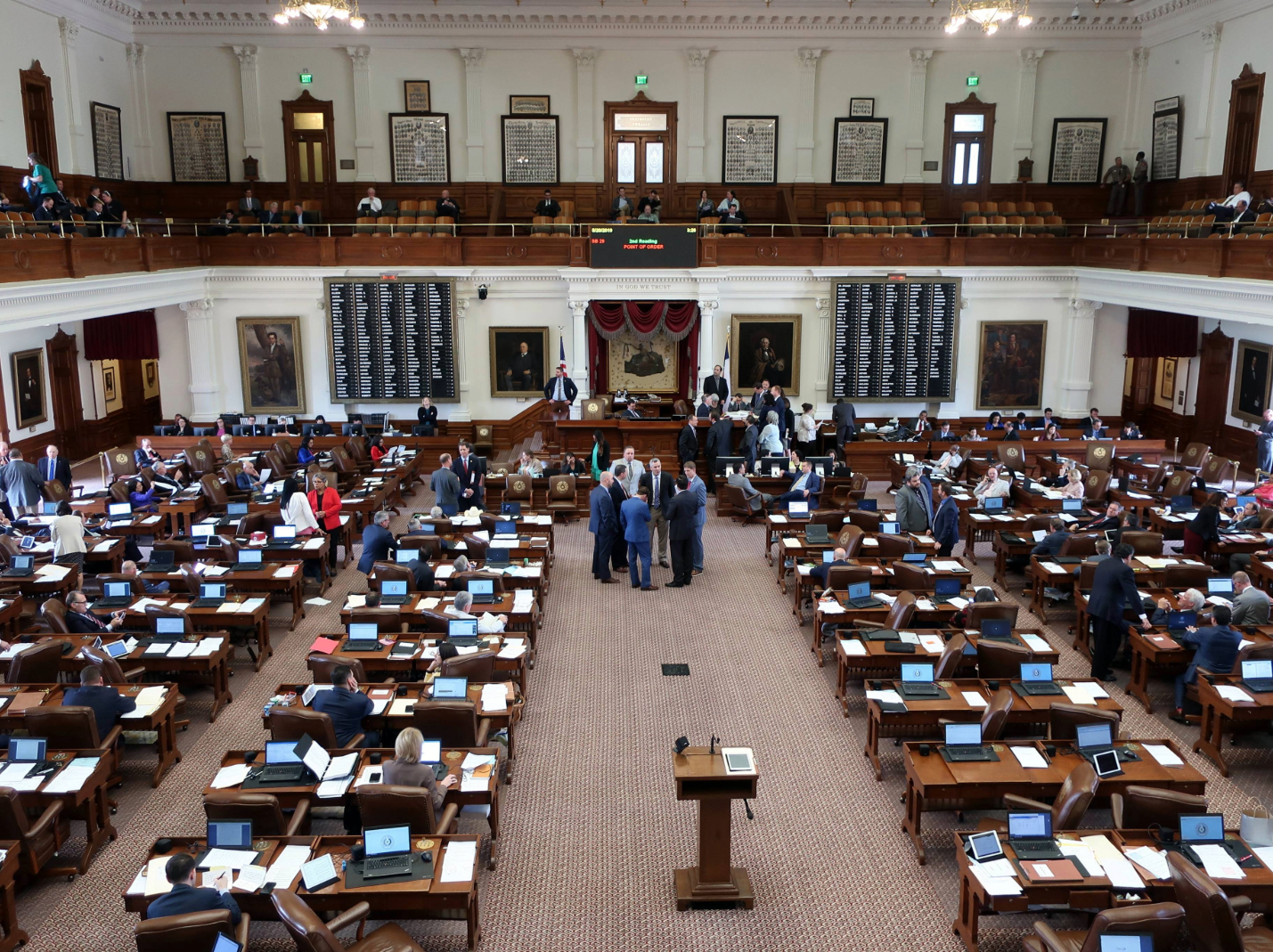
The Texas House recently passed SB 37—a bill that would grant governor-appointed university regents unprecedented oversight of the curriculum and administration of public universities. The bill seeks to combat leftist indoctrination and ensure that educational standards align with “workforce demands.”
Board Member of the National Association of Scholars, Adam Kissel, writes:
SB 37 will make governing boards responsible for ensuring that the huge amounts of money put into Texas universities are used to educate students to serve the interests of Texas in having well-formed, productive citizens. Biased, frivolous, self-indulgent, and narrow courses will no longer have a place in the general education at public universities in Texas.
In the interest of eliminating “diversity, equity, and inclusion” (DEI) requirements in higher education, this bill represents a significant step forward. However, it would also create a precedent that places university curricula at the discretion of the state’s dominant political party.
[RELATED: Texas Senate Bill 37 Empowers Boards to Reform Higher Education, End Indoctrination]
Texas is a Republican stronghold; Governor Greg Abbott is a Republican, and both chambers of the legislature have a Republican majority. However, the share of voters supporting Democratic gubernatorial candidates has increased over the last three elections.
For example, in 2014, 38.9 percent of the population voted for the Democratic candidate, but that number increased to 42.5 percent in 2018. It’s unlikely, but if this trend keeps up, legislation like this could play into the hands of a future leftist majority.
On the off chance that a leftist is elected governor, this bill could facilitate the reintroduction or expansion of DEI initiatives, prioritize an identity-based curriculum, and penalize professors who refuse to support a left-wing orthodoxy.
Allowing political appointees to directly shape curriculum further intensifies the already polarized environment of higher education. While the system has its flaws, conservatives should address them through enduring, principled legislation rather than creating opportunities for future misuse. Structural reform is essential, but it must prioritize educational integrity, regardless of who wields political power.
According to the latest updates, Governor Greg Abbott has not yet signed SB 37 into law. The bill was sent to his desk on June 2, 2025. If signed, it will take effect on September 1, 2025.
Image: “Austin – Texas Capitol: Senate Chamber” by Wally Gobetz on Flickr

When a house is on fire, you break all the windows and cut holes in the roof to ventilate the fire, and this makes the fire burn better — but is necessary so that you can then go in with water and cool the fire down. If you don’t lower the temperature of the smoke, many of the gasses in it (e.g. Carbon Monoxide) will literally explode once they are exposed to fresh air. (This is what a “Backdraft” is.)
Ideally the house wouldn’t be on fire, but it is — and to save it, you have to do this damage.
Same thing with higher education — the author is right about the ideal, but we are not going to see that ideal for at least four generations — when the children today in diapers become the *senior* professors and deans (and grandparents of undergrads) — before her solutions will work. Same way that you have to get the internal temperature of that burning house down below 1000 degrees before you have any hope of saving it.
It took the left four generations to get to where we are today. Timothy Leary was born in 1920 and got his PhD in 1950 It was his generation that hired a second generation as higher education rapidly expanded 1965-75, and they hired the so-called “Tenured Radicals” of the 1990s. And they hired the even more radical professors of today. It’s going to take four generations for us to take it back.
Until then, the Texas legislature and governor are necessary evils — sure another Ann (“Ma”) Richards could do a lot of damage, but doing so would be a clearly political issue which would have political costs in center/conservative states.
Yes, one can expect a UMass to be to the left of Vladimir Lenin, but there have long been leftist universities in conservative states. Texas comes to immediate mind, but the University of Iowa is one that I have never understood.
What Texas and Florida have shown us is that far left academics can hold a center/right state hostage and that really is the same thing as the Apartheid of South Africa, and we all agreed *that* was wrong.
And hence to save higher education, if we can, we gotta break all the windows and cut holes in the roof.